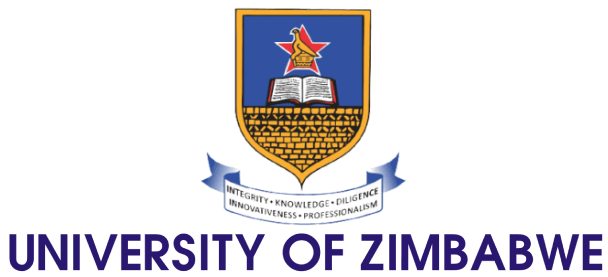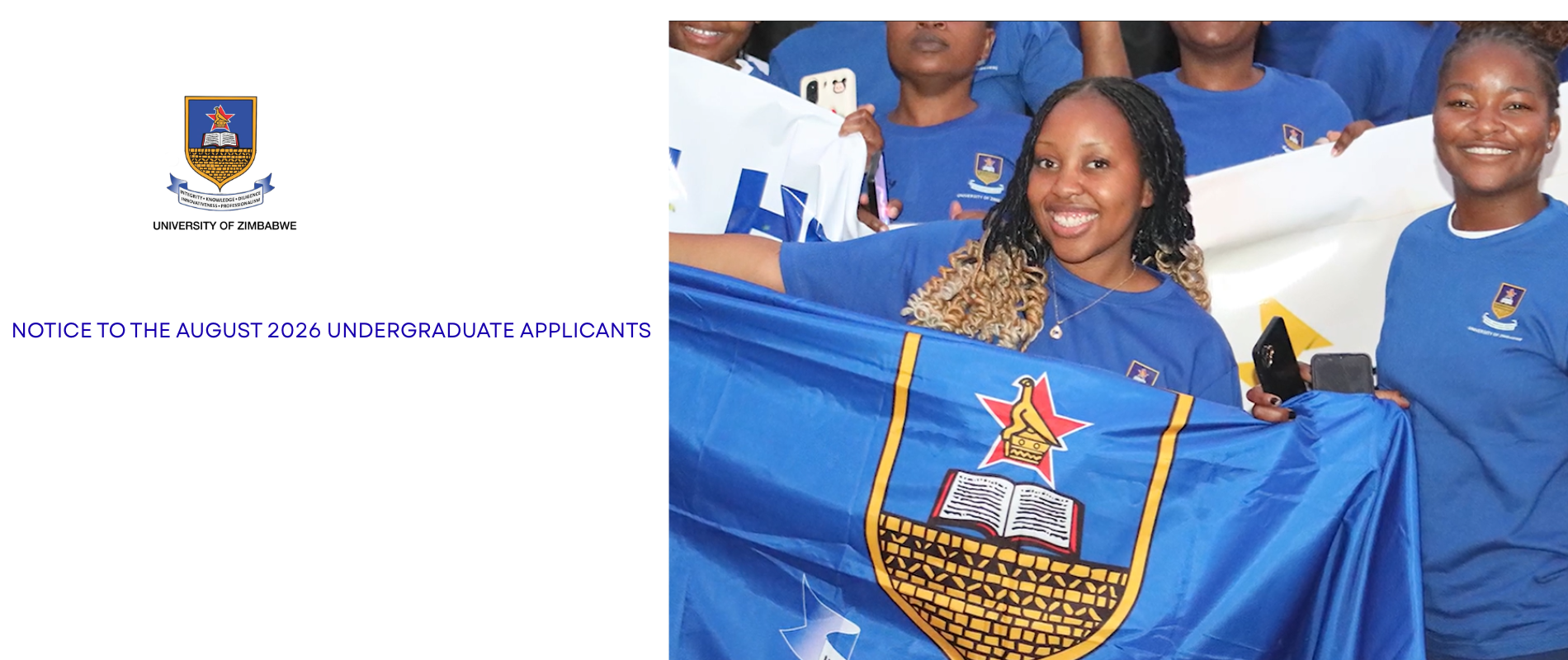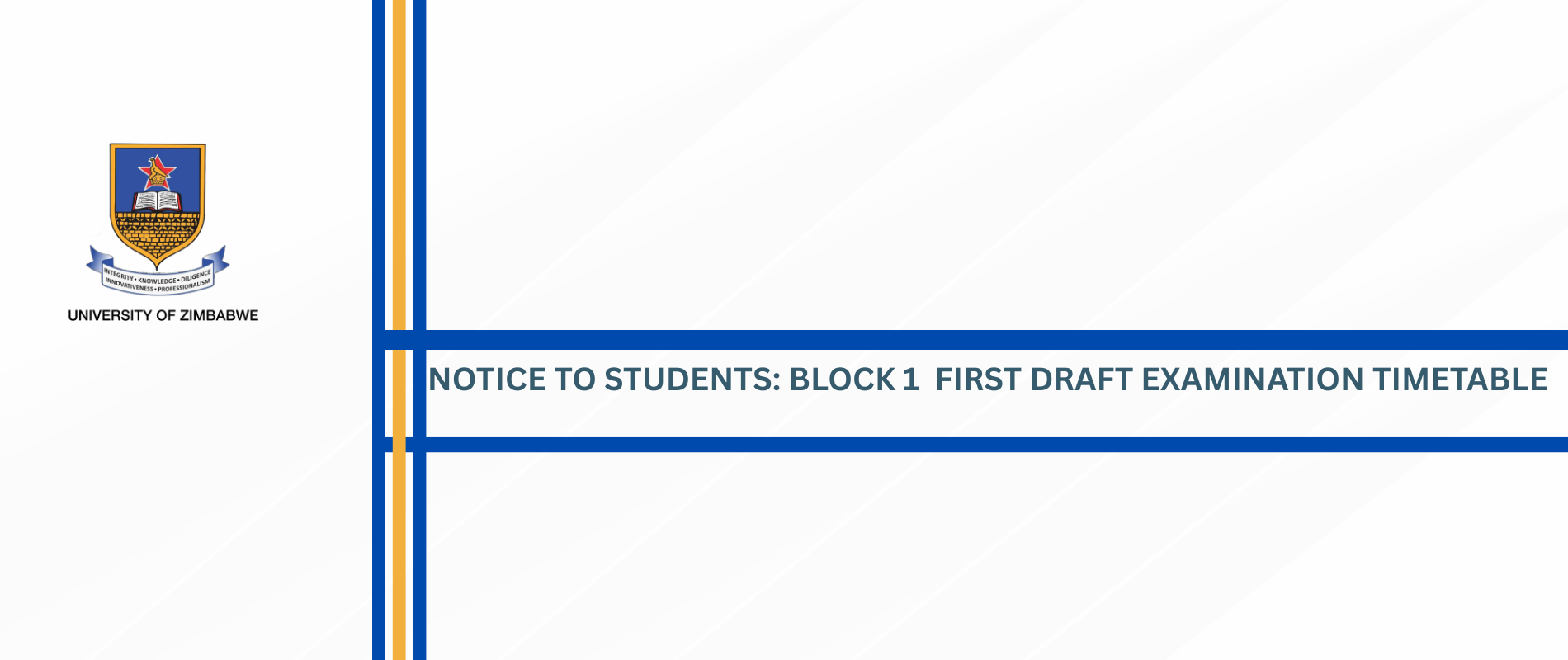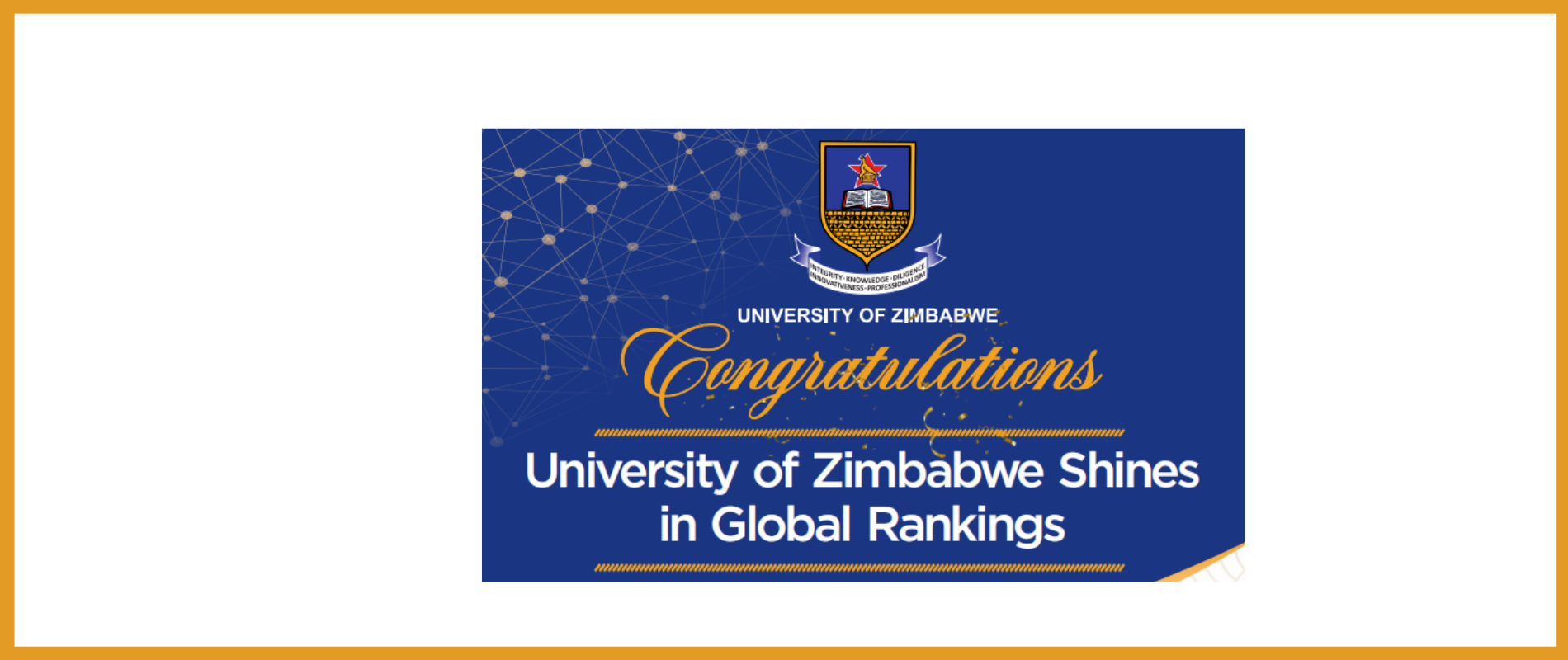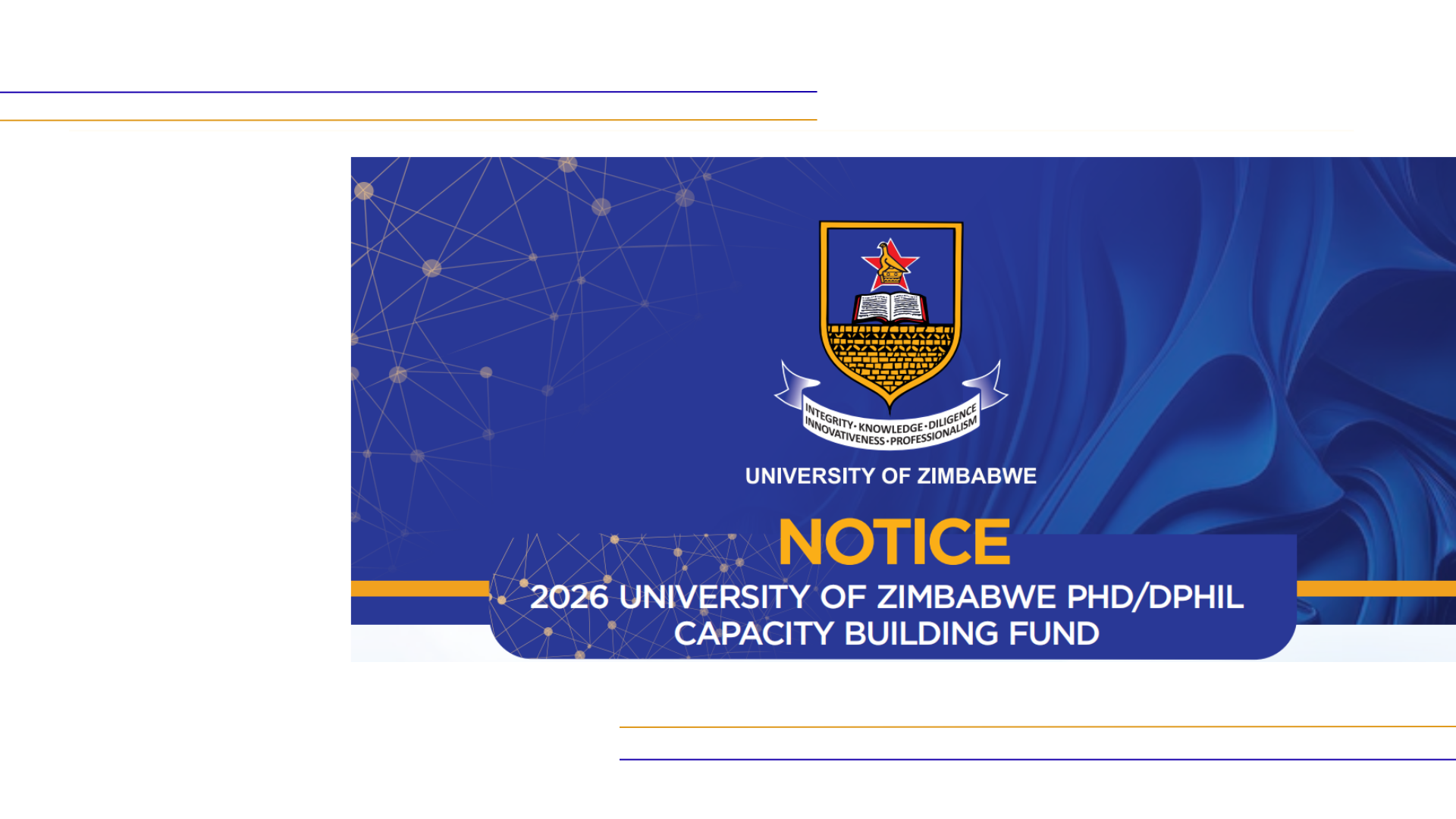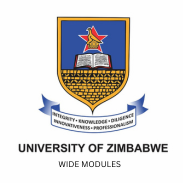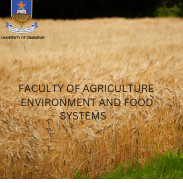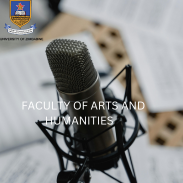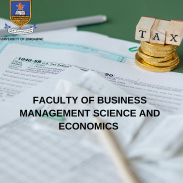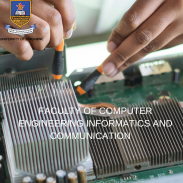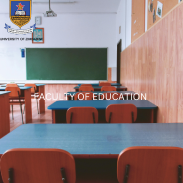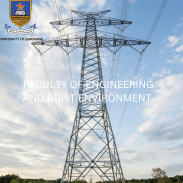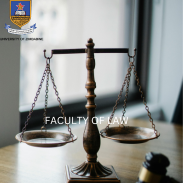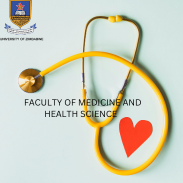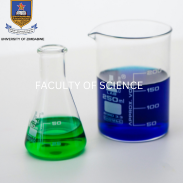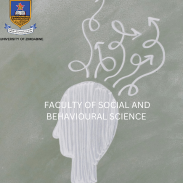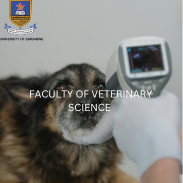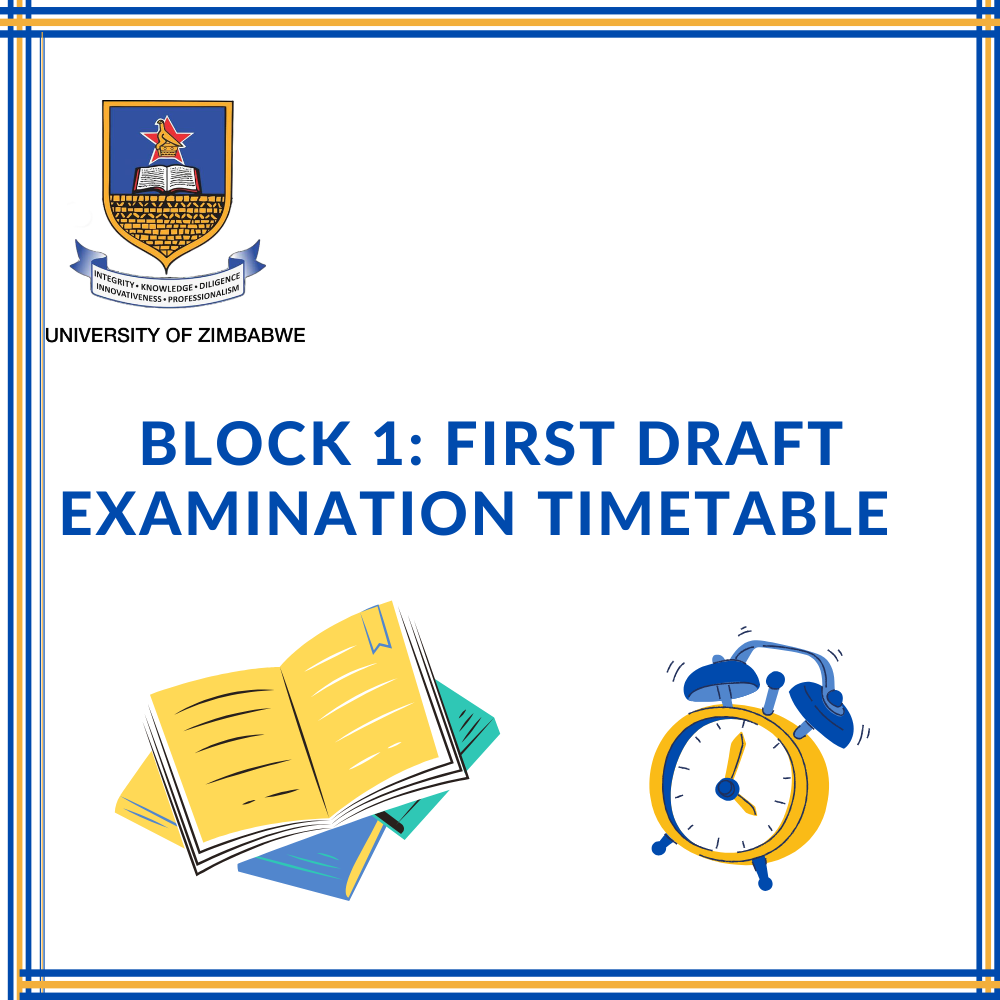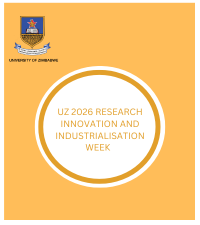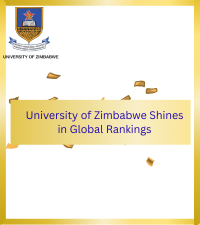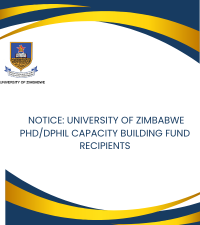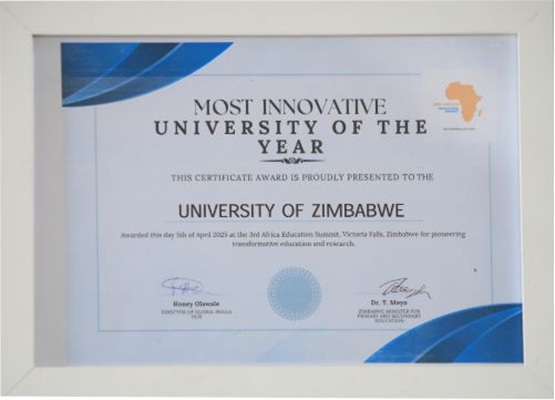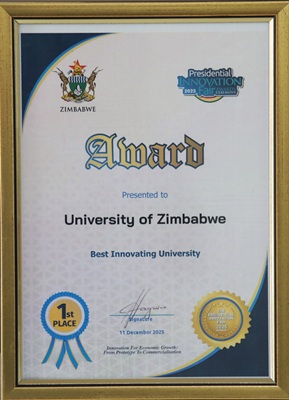The Masters in Renewable Energy Engineering Degree Programme aims to address the specific educational demands of the local market through enhancing the academic capacities and overarching labor-market orientation in the Renewable Energy Sector. The sector is one of the most promising economic growth areas due to the massively growing demand for energy, and is positioned to play a key role in sustainable economic growth and poverty alleviation. However, despite the enabling climatic factors in the region, it is evident that the assimilation of renewable energy technologies is still facing many barriers that include inadequate technical capacity and an inexperienced professional workforce. The Master´s degree study programme is thus objectively set to impart practical training on the basis of scientific knowledge and methods-based training, which qualifies for a self-sufficient professional activity as an engineer in the field of Renewable Energy. In view of the breadth and diversity of related energy technologies, the programme is designed to allowed students to quickly familiarize themselves with one or more of the numerous areas of sustainable energy applications by providing comprehensive training in the fundamentals of renewable energy technologies. The program further aims to instill the social and methodological skills in addition to professional competence so as to prepare and empower students to face increasingly global challenges and demands, and to assert themselves in global energy markets.
Entry Requirements
Normal Entry: A first degree in an Engineering or recognized Applied Science discipline with at least a lower second-class pass. Candidates with a third class in an Engineering or Applied Science discipline but who have acquired at least five years of good practicing experience in the relevant Energy Sector may also be considered for admission into the programme and may be required to sit for a qualifying examination.
Duration
Eighteen (18) Months (Full-Time)
Thirty-Six (36) Months (Part-Time)
ZNQF Level
Nine (9)
Programme Assessment
- Coursework: Normally, the continuous assessment shall contribute between 50 % of the final mark for Level I. Comprised of individual/group assignments, in-class tests, quizzes, and field & laboratory reports, etc. Level II is comprised of a dissertation.
- By thesis: The assessment of a field course or a project course shall be based on written reports or on a dissertation submitted at a date determined by the Departmental Board. Students shall be notified of this date at the start of the course.
- Written Examinations: Normally, the course examination shall contribute between 50 % of the final mark for Level I. Unless specified otherwise in the course regulations, a written examination of a course is of 3-hour duration.
- The final result shall be aggregated from 65% of the taught component and 35% of the research component (35%).
Program Modules
Students are required to register for 6 core modules worth 144 credit hours and at least two optional modules worth 36 credit hours from a pool of 5 options. Students shall be required to satisfactorily complete the dissertation course with 90 credits
The Transforming Energy Access – Learning Partnership (TEA-LP) is a partnership of African, South Asian and Indo-Pacific universities and other stakeholders, committed to ensuring a highly qualified workforce to drive the transition to sustainable energy access for all. The University of Zimbabwe is participating in the TEA-LP program aiming to deliver innovative and relevant, Masters’ level courses and has adopted the following courses:
Course 1 Level 1 First Semester:
Local Solutions for Energy Access (MREE 512)
Course 2, Level 1 2nd Semester
Mini-grid: Planning and Design (MREE 511)
Programme Duration
Eighteen (18) Months (Full-Time)
Thirty-Six (36) Months (Part-Time)
Full-time and/or part-time study?
Full time and Part Time
